Are you focused on the nutrition needs of your young athlete? If so, you are giving your child the gift of a healthier future. Healthy eating habits during childhood are crucial, not just for kids’ immediate well-being, but also for their long-term health and development. Meanwhile, when a young athlete establishes good nutrition habits early on in life, it can lay the foundation for a lifetime of better physical and mental health, both on and off the field.
For active kids, a balanced diet is also key to maximizing performance. Healthy eating can improve energy levels, enhance endurance, and speed up recovery. Fueling with the right foods, including a balance of protein, carbs and fats, can help young athletes stay healthy. The goal is to help kids reach their full potential, both in sports and in daily life.
Striving for A Balanced Diet
When it comes to nutrition and young athletes, the right balance of nutrients is essential. Active children require a diet that provides sufficient energy, protein, healthy fats, vitamins, and minerals to fuel their bodies, enhance recovery, and prevent injury. A well-rounded approach to nutrition not only helps optimize performance on the field, but also supports long-term health and well-being. Adequate hydration is also crucial, as dehydration can impair both physical performance and overall health.
Macro Breakdown
Calories
| Age, years | Male | Female |
|---|---|---|
| 4–6 | 1800 | 1800 |
| 7–10 | 2000 | 2000 |
| 11–14 | 2500 | 2200 |
| 15–18 | 3000 | 2200 |
The above chart lists the average amount of calories per day for children. However, it does not account for sports activities. Kids who play more vigorous sports (for example those with lots of running like soccer, field hockey, basketball and lacrosse), can actually burn up to 600 calories per hour.
Of course, every child has different nutrition needs based on age, level of activity, and other factors. Meeting the nutrition needs of young athletes can also be especially complex. We recommend scheduling a consultation with a sports dietitian to get your child a customized plan.
Carbohydrates
| Hours of exercise per day | Carbohydrate per kg. of body weight per day | Carbohydrates per day for a 50 kg. athlete | Carbohydrate per day for a 60 kg. athlete |
| <1 | 5-6 g | 300-360 g | 350- 420 g |
| 1-2 | 6-7 g | 360- 420 g | 420- 490 g |
| 3-4 | 7-8 g | 420- 480 g | 490- 560 g |
| 4+ | 8-10 g | 400- 500 g | 560- 700 g |
Note: If you know your child’s weight in pounds, multiply that number by .453 to determine your child’s body weight in kilograms. Example: A child who weighs 75 pounds would be 75 x .453, or approximately 33.97 kilograms.
When we focus on the nutrition needs of young athletes, we often start with carbohydrates. Eating a high carb meal 3-4 hours before sports increases stores of glycogen in the muscles and subsequently improve performance. If your athlete suffers from stomach pains, bloating, or other gastrointestinal discomfort, then it’s a good idea to keep these meals low in fiber too.
For longer competitions or endurance events of more than 60-90 minutes, consuming some carbs during exercise may be necessary to top up energy stores and maintain power. Based on current research, a young athlete should consume between 30-60 grams of carbohydrate per hour of exercise. For events lasting less than 60 minutes, a child should have enough energy storage to go without additional fueling.
After a game or practice, athletes should consume ½ gram of carbohydrates per pound of body weight.
Protein
For every pound of body weight, a young athlete should be eating about .7 grams of protein.
If an athlete weighs 100 pounds, they should be eating 70 grams of protein per day, while a 150-pound athlete would need 105 grams per day. While there are many factors that influence protein needs, this is a basic guideline to ensure your young athlete’s nutrition needs are met.
Fat
The recommended dietary allowance (RDA) of fat for athletes ages 4–18 is 25–35% of their total energy intake. Saturated fats should make up no more than 10% of their total fat intake.
For example: A diet of 2600 calories should contain 70-100 grams of fat.
Full fat dairy should be avoided close to game/practice times as it can cause GI upset.
Hydration
During Games/Practices
We often focus on food when it comes to a young athlete’s nutrition needs, but we can’t forget hydration! If both fluid and sodium aren’t replaced during exercise, athletes can become dehydrated. The single largest contributor to fatigue during exercise is dehydration caused by fluid and sodium losses. It impairs concentration and the ability to make tactical decisions.
Hydrate with sports drinks if playing for 45-60 minutes of vigorous activity. We recommend Skratch Labs, which is a healthy version of Gatorade, that has the perfect combo of electrolytes and carbs. Prime is not recommended for kids under the age of 18 due to caffeine content and artificial sweeteners.
2-3 hours before training: 16 oz.
15 min before: 4-8 oz.
Recovery
Athletes can lose a large amount of electrolytes and fluid through sweating. For each pound of lost water, a young athlete should consume 15-24 ounces of liquid. Electrolytes are important in this phase as well.
Micronutrients
Although there are many vitamins and minerals required for good health, vitamin D and iron are particularly important, especially when it comes to proper nutrition for athletes.
Vitamin D is necessary for bone health and helps the body with the absorption and regulation of calcium. Current recommendations suggest 600 IU/day for kids ages four to eighteen. Normal values of vitamin D also vary depending on geographical location and race.
Iron is important for oxygen delivery to body tissues. During adolescence, more iron is required to support growth, as well as increases in blood volume and lean muscle mass. Boys and girls 9-13 years of age need 8 mg/day to avoid depletion of iron stores and iron-deficiency anemia. Adolescents 14 to 18 years of age require more iron, up to 11 mg/day for males and 15 mg/day for females.
Products We Recommend
Hydration Products
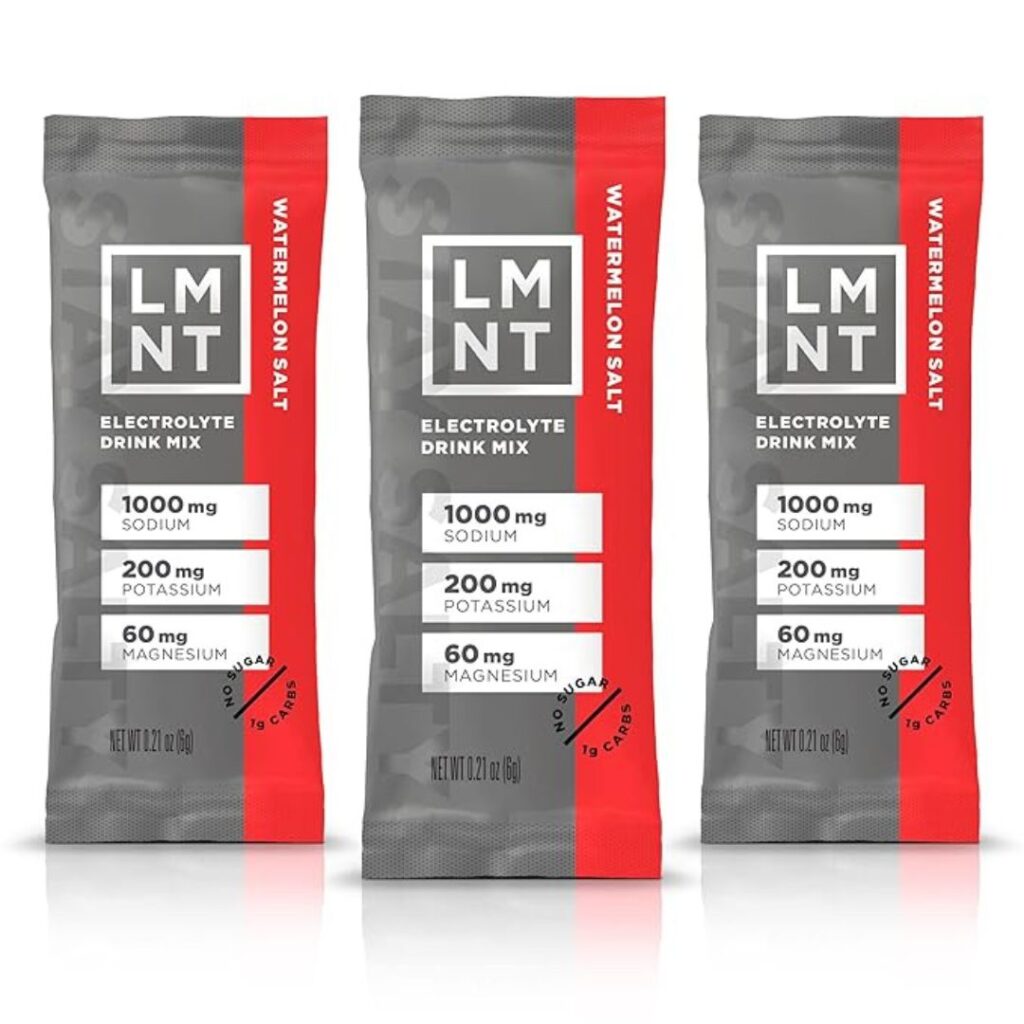
We love LMNT after a long day of sports to rehydrate!
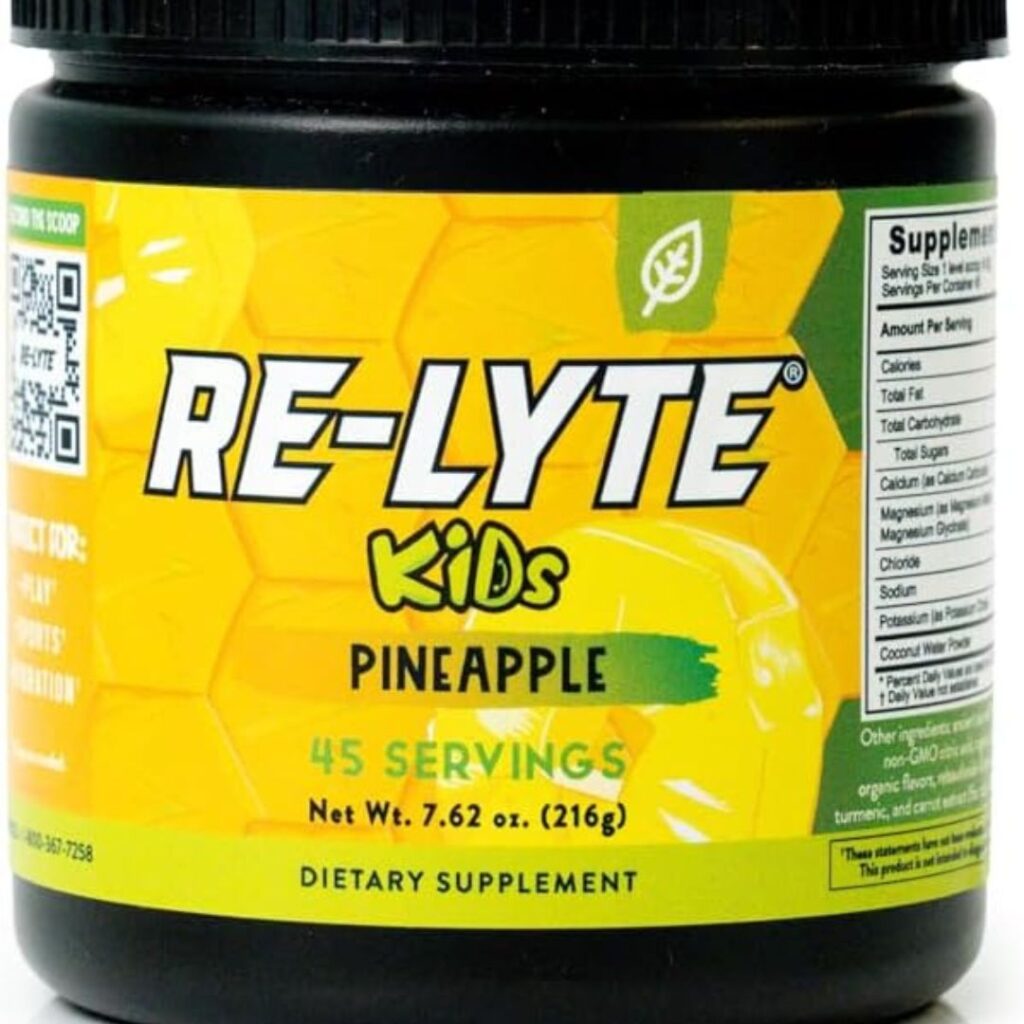
Relyte is a good option for electrolytes after a game or practice.
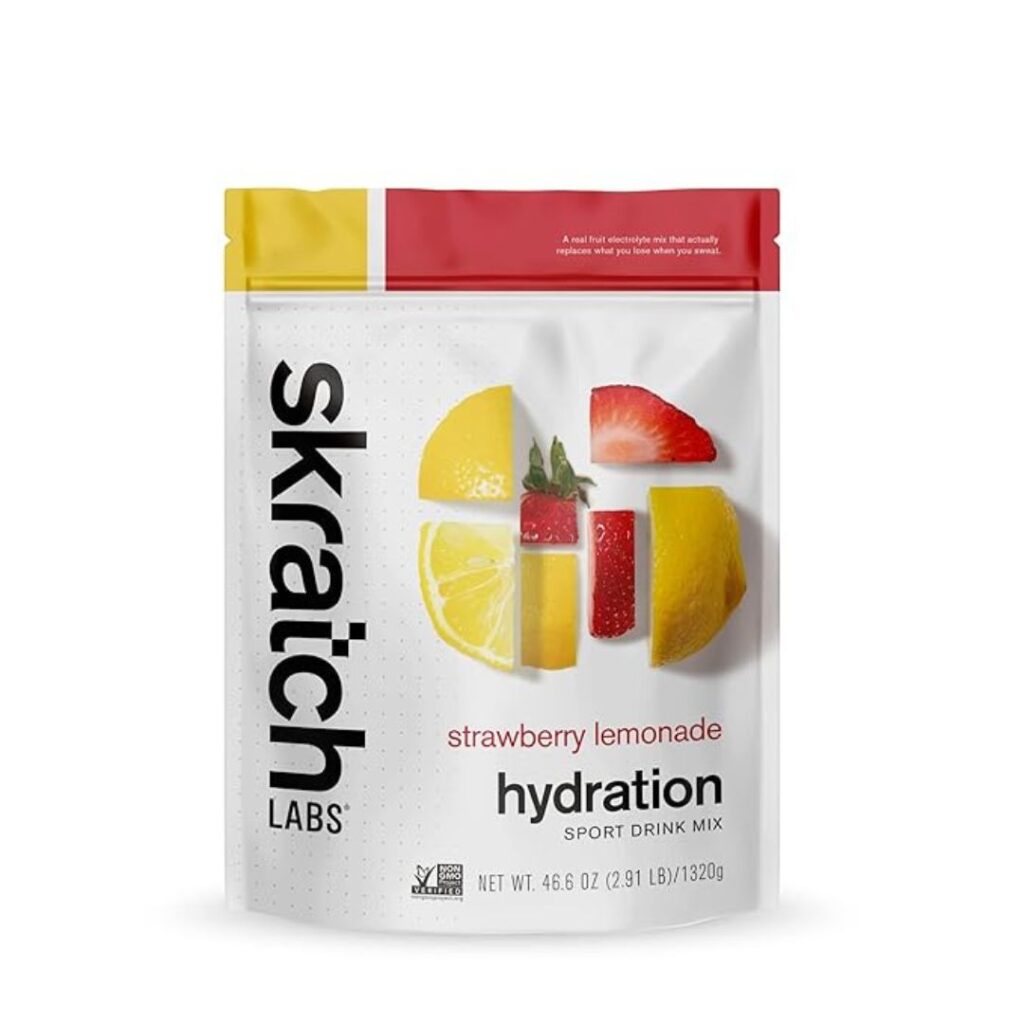
Skratch Labs is a great product for during vigorous games of 45-60 minutes or more.
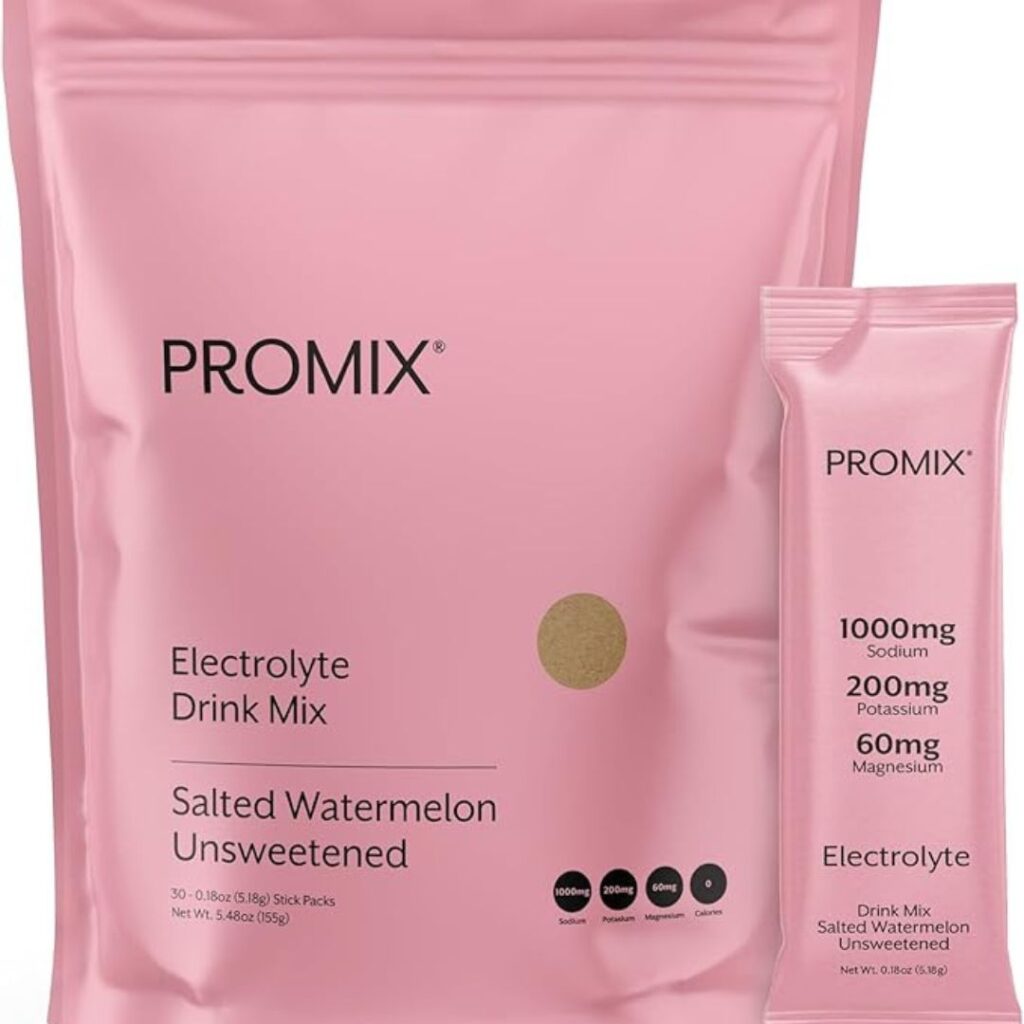
Promix is also a great electrolyte option for kids.
Snack Products
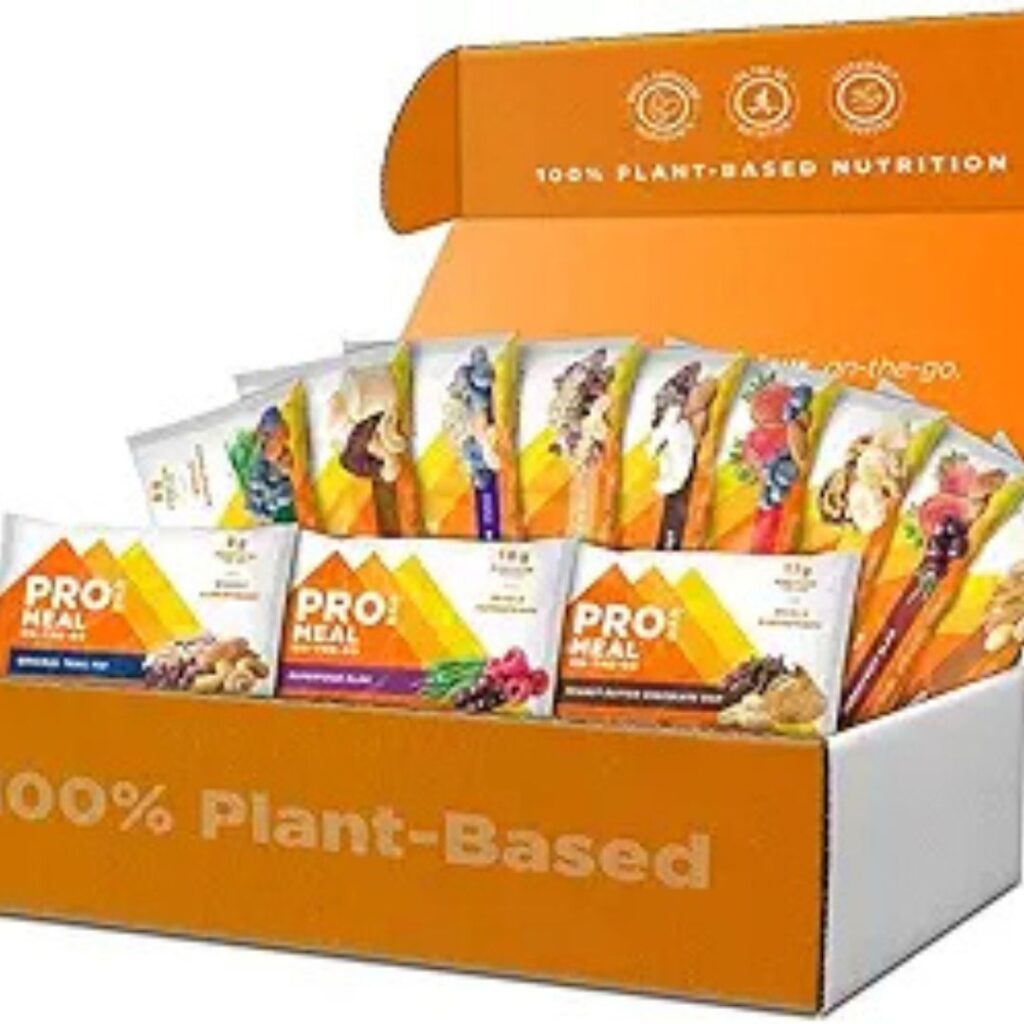
These Pro Meal On the Go Bars are a great option to get some energy in prior to a big game.
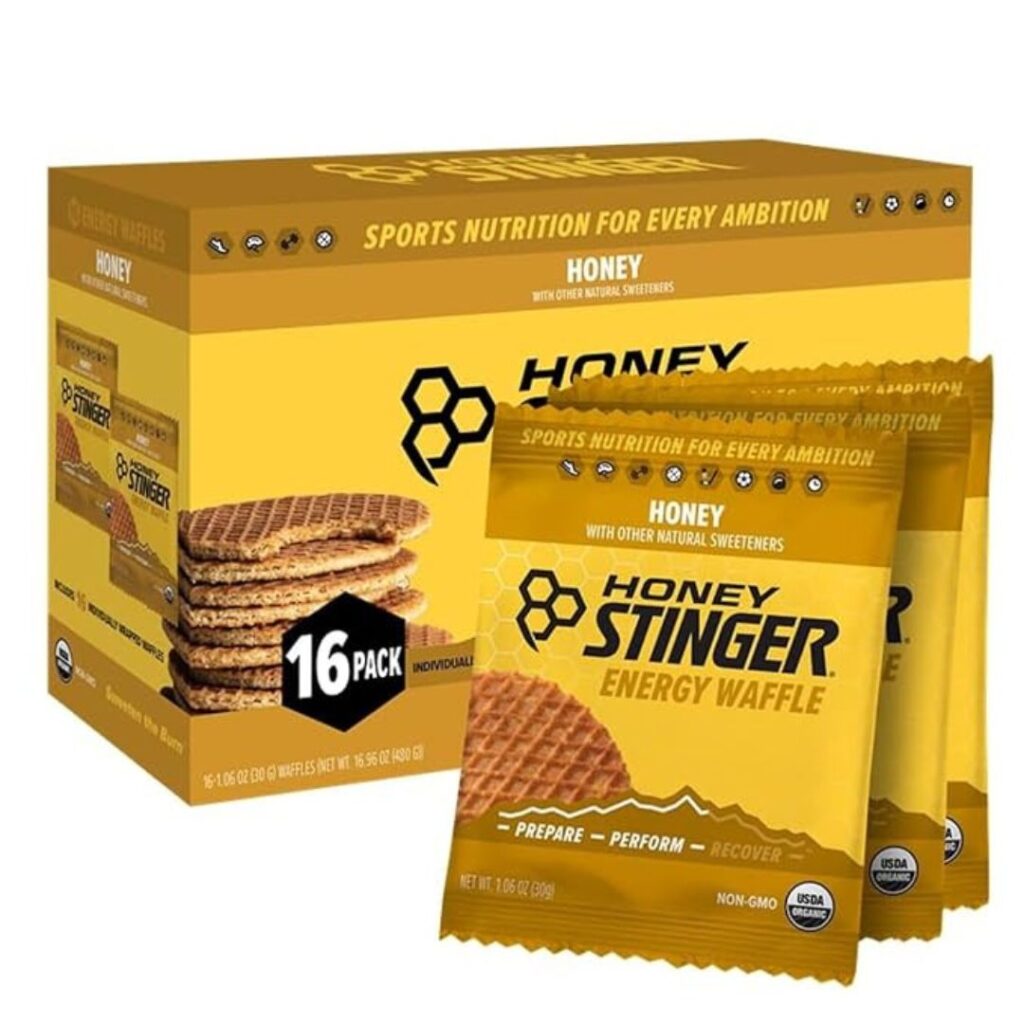
These Honey Stinger Waffles are good for tournament days – even 30 minutes between games.
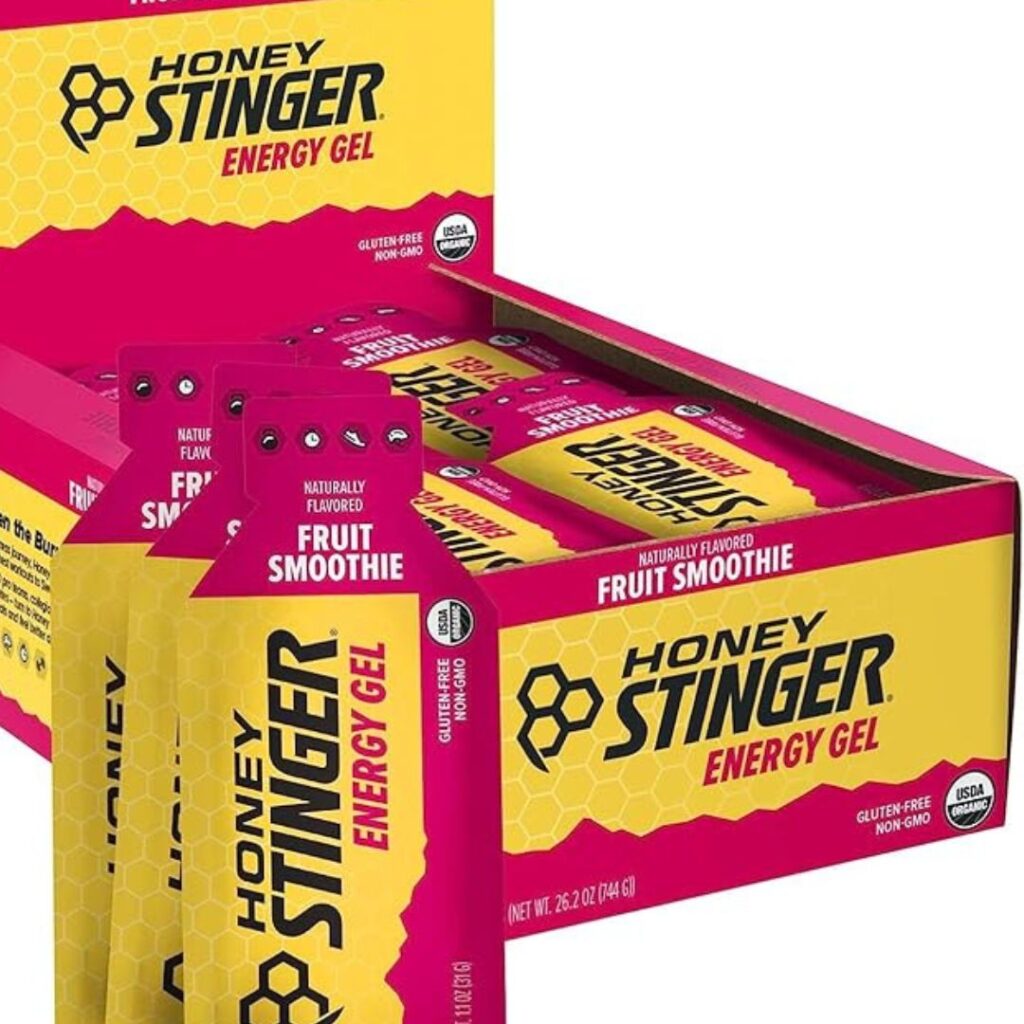
Honey Stinger Energy Gels are great for a quick carb reload.
Supplements
Meeting the nutrition needs of young athletes can be challenging for parents. Providing a healthy balance of foods at every meal and snack time is ideal, and children should receive most of their nutrients from food. However, supplementation can help fill in the gaps. We recommend any of the supplements below, which we use to support our own sporty kids!
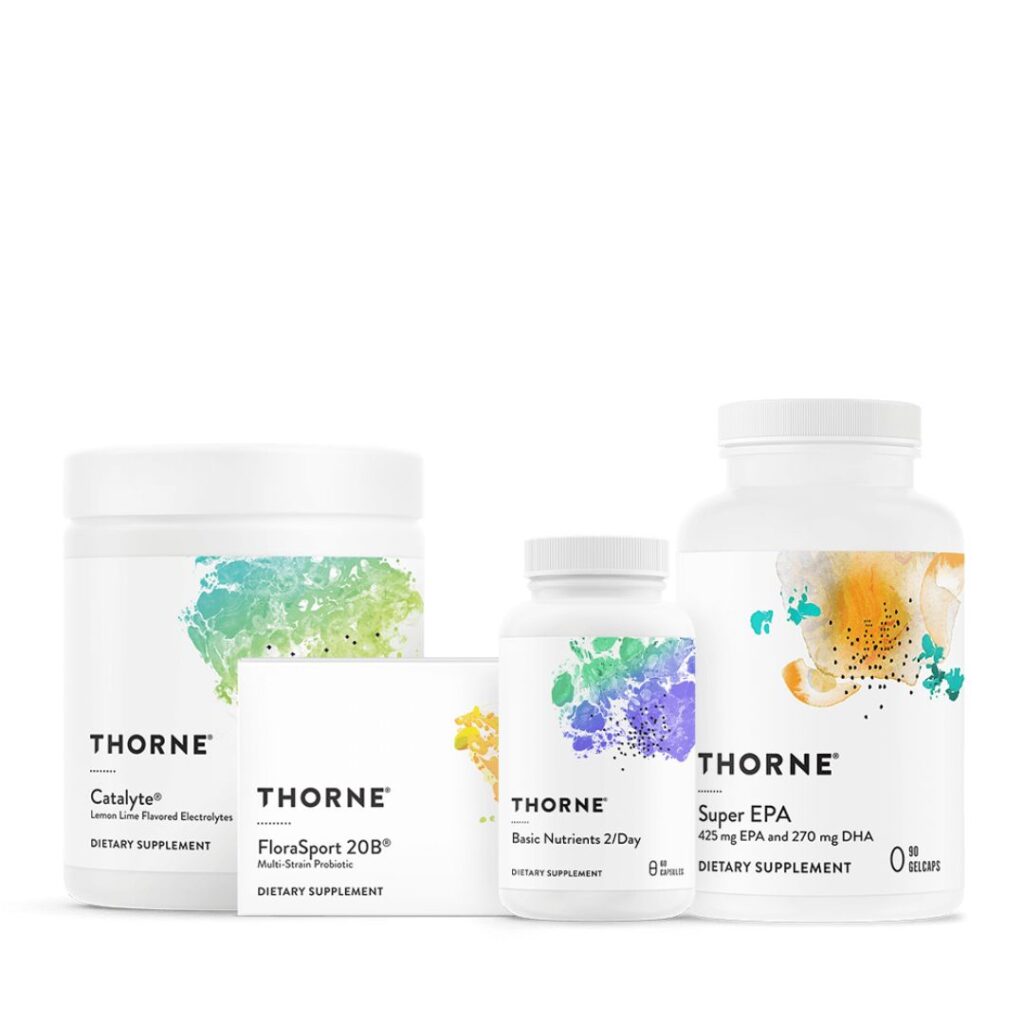
This Youth Bundle provides the necessary nutrients that support growth and development, and that are often lacking in a child’s diet. All four products are NSF Certified for Sport®, thus ideal for supporting the nutrition needs of young athletes. These are Recommended for kids 14+.
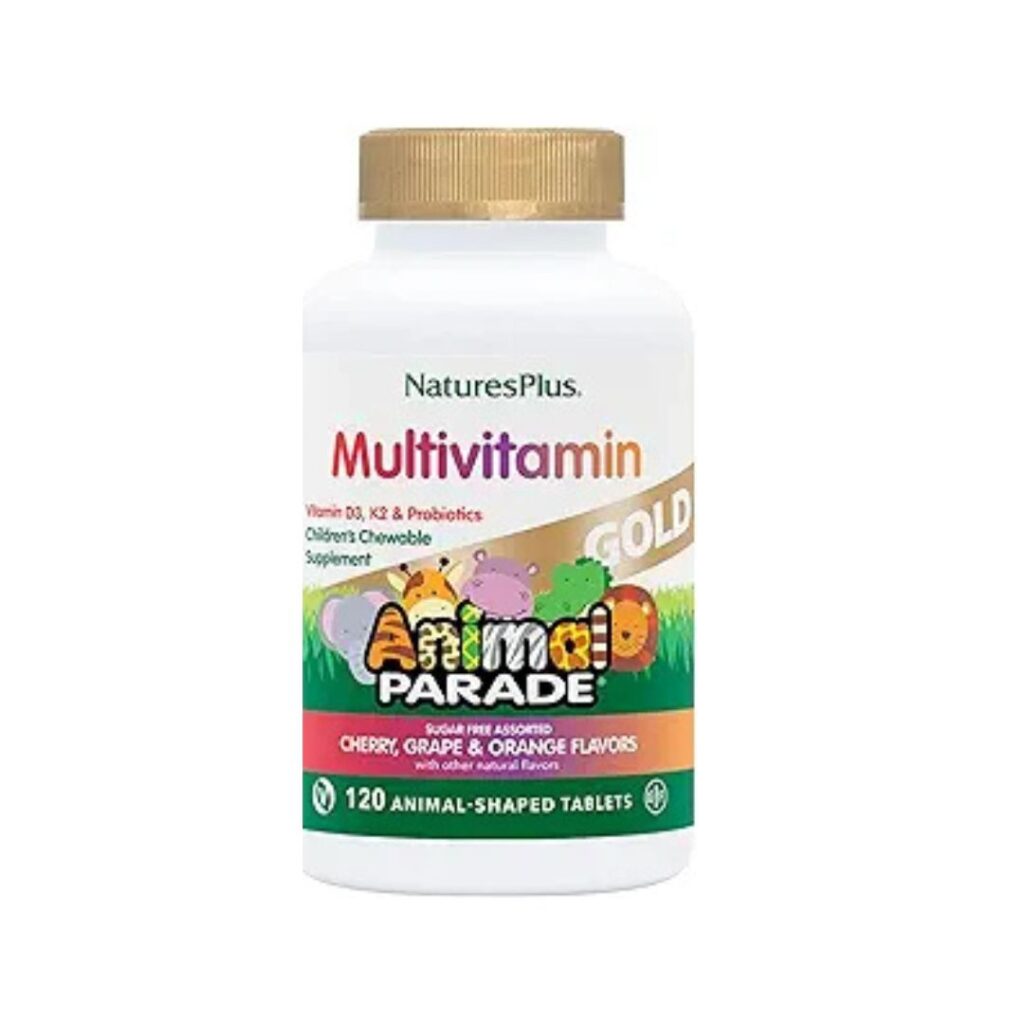
This Nature’s Plus Multivitamin combines the natural goodness of whole foods with a balanced profile of nutrients, to deliver a complete dietary supplement formulated for children.
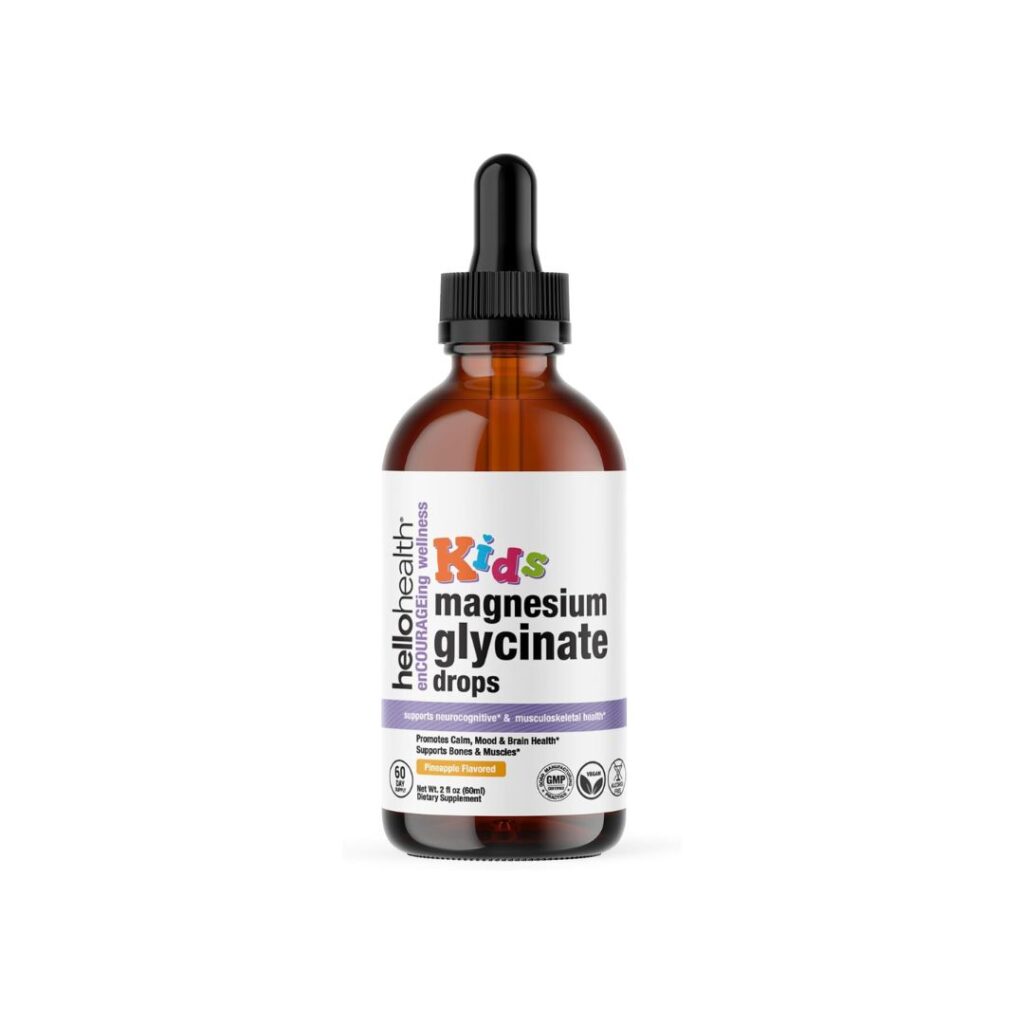
Magnesium is a vital nutrient for +300 bodily processes, and crucial for muscle + structural health, proper nerve function & DNA synthesis.
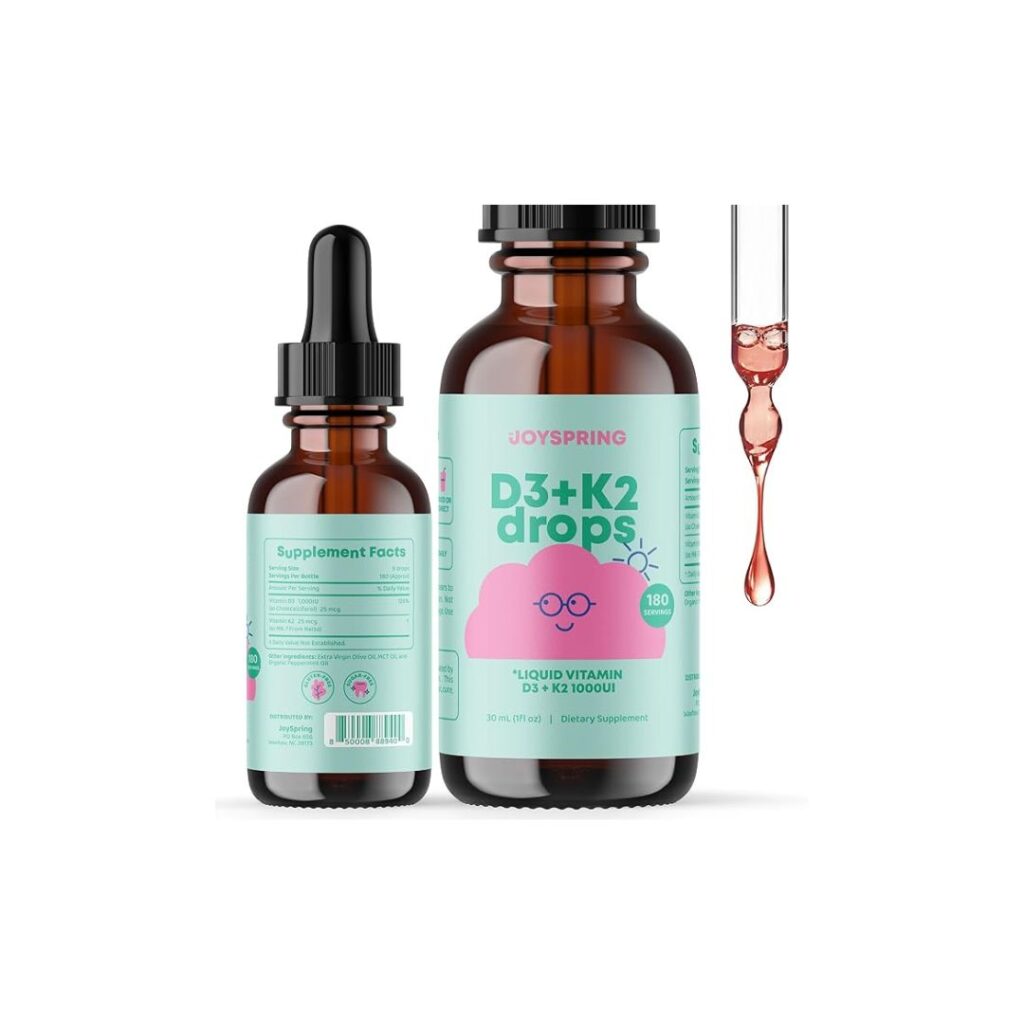
This vitamin D for kids formula helps support overall health and vitality for growing athletes.
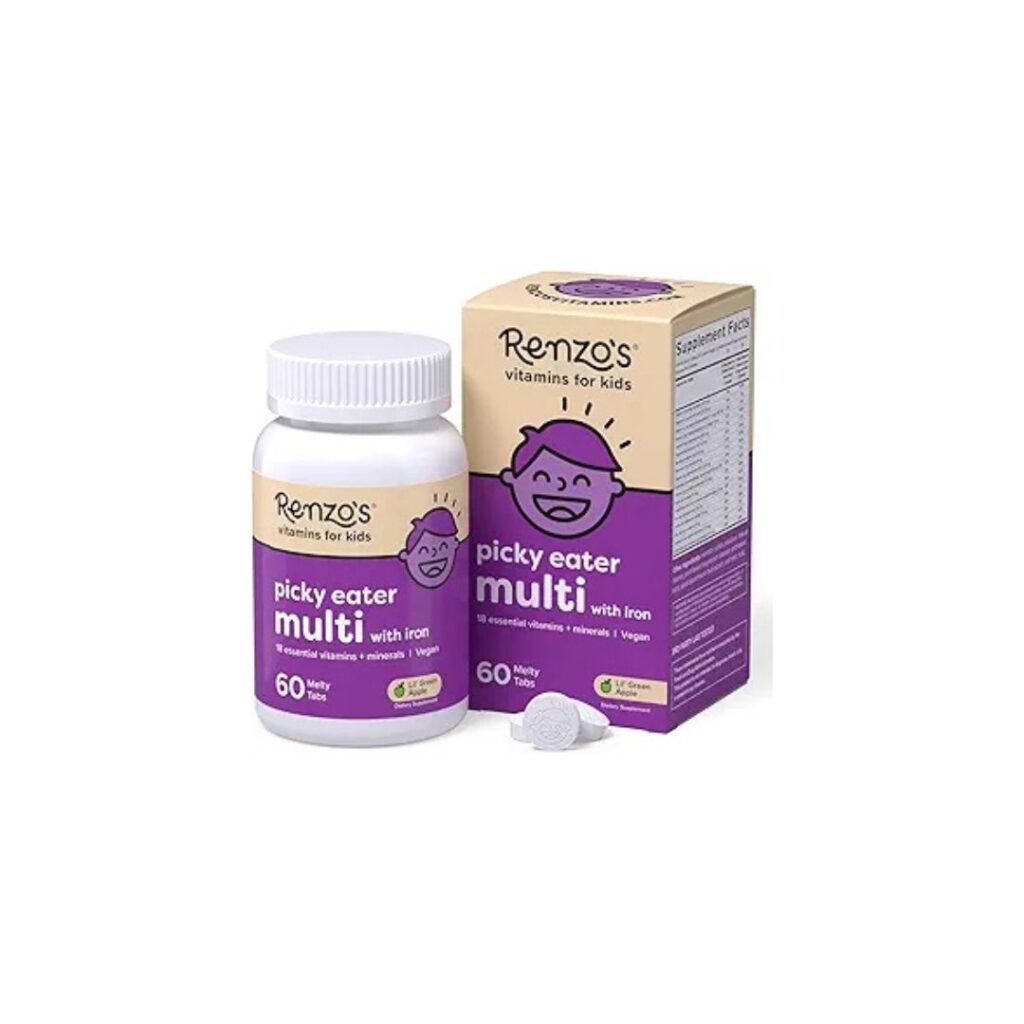
These Multivitamins with iron are good for athletes who require a little more TLC to help bridge the gap.
How We Can Help
If you are focused on meeting the nutrition needs of your young athlete, and want to optimize their performance and recovery, consider signing up for 1:1 nutrition counseling. Personalized nutrition guidance is key to fueling for peak performance, whether your athlete is training for competition, or simply aiming to improve daily eating habits. Our Registered Dietitians can create a tailored nutrition plan that aligns with individual needs, goals, and sport-specific demands.
Proper nutrition is the secret weapon every athlete needs to perform at their best, recover faster, and stay injury-free. We provide Sports Nutrition Talks designed specifically for young athletes who are serious about fueling their bodies the right way.
We will talk about:
- The power of hydration and why it matters
- What to eat before and after training to maximize energy and recovery
- How to balance macronutrients like protein, carbs, and fats for your sport
- The best snack options for sustained energy during long practices or games
- Myths and facts about supplements, and what’s actually worth considering
Whether you’re training for a season, aiming for a personal best, or just trying to feel your strongest, understanding sports nutrition is a game-changer. Don’t miss out on the chance to fuel your body for success! Contact info@andersonsnutrition.com for more information.
Disclosure:
Anderson’s Nutrition is a participant in the Amazon Services LLC Associates Program, an affiliate advertising program designed to provide a means for sites to earn advertising fees by linking to Amazon.com. Some of our pages contain affiliate links that Anderson’s Nutrition may receive a commission from, at no extra cost to you. We only promote items that we have used and verified and recommend for our clients and friends. As an Amazon Associate, we earn from qualifying purchases.


